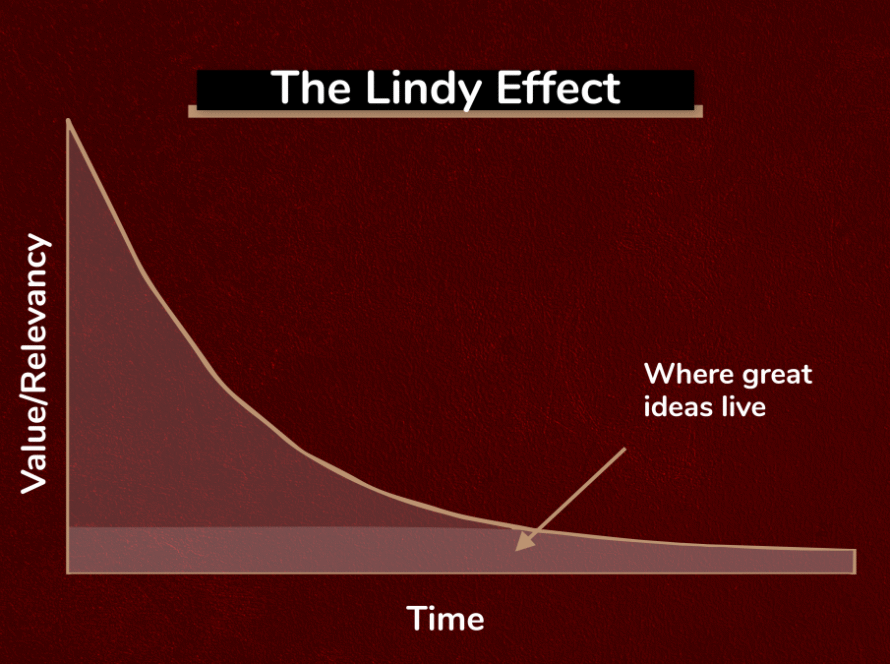As a Researcher specialized in the Human2Human Experiences, thru Exhibitions, Events and Visitor Attractions, I feel very involved in the way the new generation of AI, starting from ChatGPT will impact our sector.
I observe two approaches to discussing this topic.
One is a philosophically devoid and politically naive way of looking at artificial intelligence. This is the instrumental approach that considers AI as a useful tool to achieve certain goals or solve specific problems. This approach tends to focus on the functionality and effectiveness of AI, rather than its philosophical or ethical nature.
The first simple and perhaps naive way of viewing AI, thinking that it is ‘just’ a technology, where we humans are against machines and humans have control over everything is where I do not see a big “impact”, because it is just another tool.
But there is also a deeper and more aware way of viewing AI, which I believe is more appropriate, because it speaks of human evolution and goes beyond the purely technical element.
For an industry that is based on the interaction between human beings in a specific space and a specific time that we commonly call “events”, perhaps going beyond the hype can allow us to understand how the historical moment we are experiencing will influence our culture and our way of thinking in the long term, and probably this way of addressing the issue can allow us to intercept the most appropriate trajectories of the evolution of the event system.
The first approach, in my opinion, is driven by a somewhat simplistic vision, and stems from fear and anger, trying to protect what makes humans unique and special.
The second approach, in my opinion, is more mature and looks at the cultural and cognitive evolution of the concept of “Intelligence” itself on our planet.
If we escape the ‘AI = Technology’ trap, and tackle a deeper (and undoubtedly more complex) reasoning, we enter the very nature of what some examples show in terms of the evolutionary meaning most intrinsically linked to AI, starting from a study of the evolution of synthetic languages and an analysis that considers AI Artificial Intelligence as a growing living phenomenon…
This element obviously change all the rest of our “tech” reasoning.
These examples invite us to look beyond the simplistic debate between humans and machines, exploring the cultural implications and paradoxes that AI poses to us.
It is not just about solving technological problems, but also about innovating culturally.
A few years ago, as a company, we wrote in our payoff our mission:
GRS – “Driving Human Experience”
A strong statement to put the human and humanistic approach to research. And this is where I have personally worked on for the last 12 years of my life.
I deeply believe in the real value of exhibitions and large events, because they represent a unique opportunity to create moments of encounter and sharing among professionals, beyond screens and computers.
In these collective contexts, the beneficiaries (mainly visitors and exhibitors) gather in the ‘rite’ of living the same space and the same time, to see the future and co-create the future of our industries of which they are protagonists.
Better understanding the impact of AI and new technologies on this human-centric ‘unicum’ that events are, pushes our ‘boundaries’ well beyond the simple ‘duality’ of man – machine.
I invite all of us to reflect on how we can address these challenges in the world of exhibitions, adopting a deeper and more philosophical approach. Only in this way, can we ensure that our industry continues to thrive in a world increasingly centered around artificial intelligence.
Soon, we will no longer be able to distinguish content, texts, images, and even videos produced and generated by the new Intelligence…
Humans will have to find the widest possible bandwidth to “really” interact one-2-one, and for me the only way is live and face2face… mainly in large collective events.
With this reasoning, what comes to mind is that in the future, live events will be even more important and essential for building trust among human beings…
And all this consideration is for me important, because I feel that perhaps we should start to think now about the new narrative linked to this more sophisticated reasoning, and how the role of Exhibition will become more and more important in the coming years.


